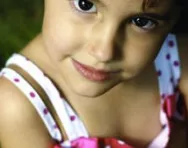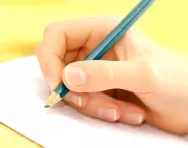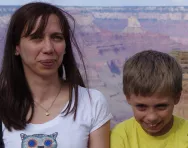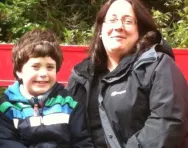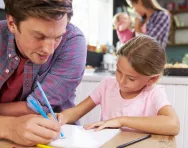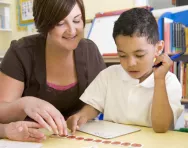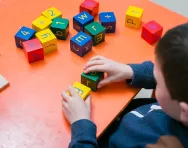Important update from TheSchoolRun
For the past 13 years, TheSchoolRun has been run by a small team of mums working from home, dedicated to providing quality educational resources to primary school parents. Unfortunately, rising supplier costs and falling revenue have made it impossible for us to continue operating, and we’ve had to make the difficult decision to close. The good news: We’ve arranged for another educational provider to take over many of our resources. These will be hosted on a new portal, where the content will be updated and expanded to support your child’s learning.
What this means for subscribers:
- Your subscription is still active, and for now, you can keep using the website as normal — just log in with your usual details to access all our articles and resources*.
- In a few months, all resources will move to the new portal. You’ll continue to have access there until your subscription ends. We’ll send you full details nearer the time.
- As a thank you for your support, we’ll also be sending you 16 primary school eBooks (worth £108.84) to download and keep.
A few changes to be aware of:
- The Learning Journey weekly email has ended, but your child’s plan will still be updated on your dashboard each Monday. Just log in to see the recommended worksheets.
- The 11+ weekly emails have now ended. We sent you all the remaining emails in the series at the end of March — please check your inbox (and spam folder) if you haven’t seen them. You can also follow the full programme here: 11+ Learning Journey.
If you have any questions, please contact us at [email protected]. Thank you for being part of our journey it’s been a privilege to support your family’s learning.
*If you need to reset your password, it will still work as usual. Please check your spam folder if the reset email doesn’t appear in your inbox.
How to strengthen your child's coordination skills
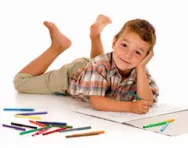
A lot of the time a child’s movement skills work in coordination with their eyes to serve a whole host of dexterity needs, such as dressing and feeding, running and climbing. In the Foundation Stage, there are stepping stones which focus on building up children’s skills and confidence in these types of movements. They develop hand-eye coordination skills through various smaller movement activities such as sewing or modelling, and provide for larger movements such as climbing frames and large construction activities. As your child progresses through the key stages, these skills will be reinforced.
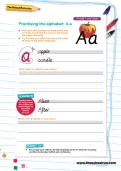
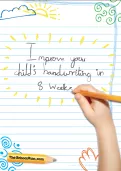
Improve handwriting in 10 minutes a day
- Step-by-step handwriting guide
- Over 200 worksheets
- From patterning to cursive
So how can you help your child develop both their smaller and larger motor skills at home?
Fine (smaller) motor skills activities
- Provide old magazines and scraps of paper to be cut with scissors.
- Collect old containers, matchsticks and buttons which can be used for small-scale construction.
- Threading beads on a piece of string is an excellent way to get your child using hand-eye coordination skills.
- Give your child an exercise book in which they can practise drawing and writing.
- Painting and modelling are also good for smaller more delicate movements, so you could set up a painting area for your child.
Gross (larger) motor skills activities
- Make sure your child has regular access to outdoor spaces, such as gardens or parks, and can navigate through the spaces safely.
- Climbing frames and other outdoor equipment are great ways to get your child using a variety of large movements.
- Play games with your child such as ‘Stuck in the mud’ or ‘What’s the time Mr. Wolf?’
- Take them roller-skating, bike-riding or skate-boarding – these activities will not only help their gross motor skills but their balance and posture, too.
- Encourage your child to try dance classes, football club, or any other physical activities they could do after school or at weekends. This will help them learn new movements while under expert supervision.
